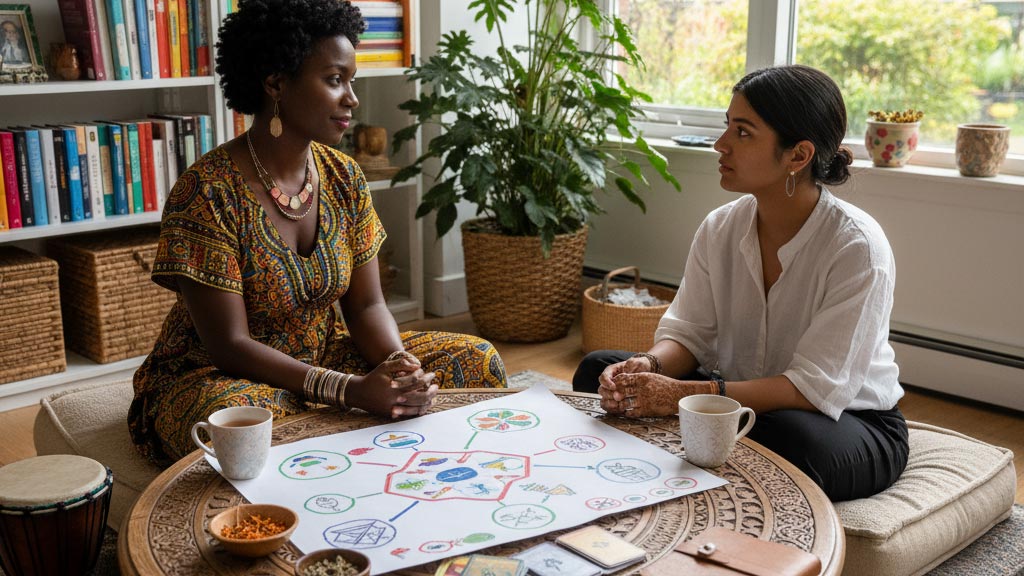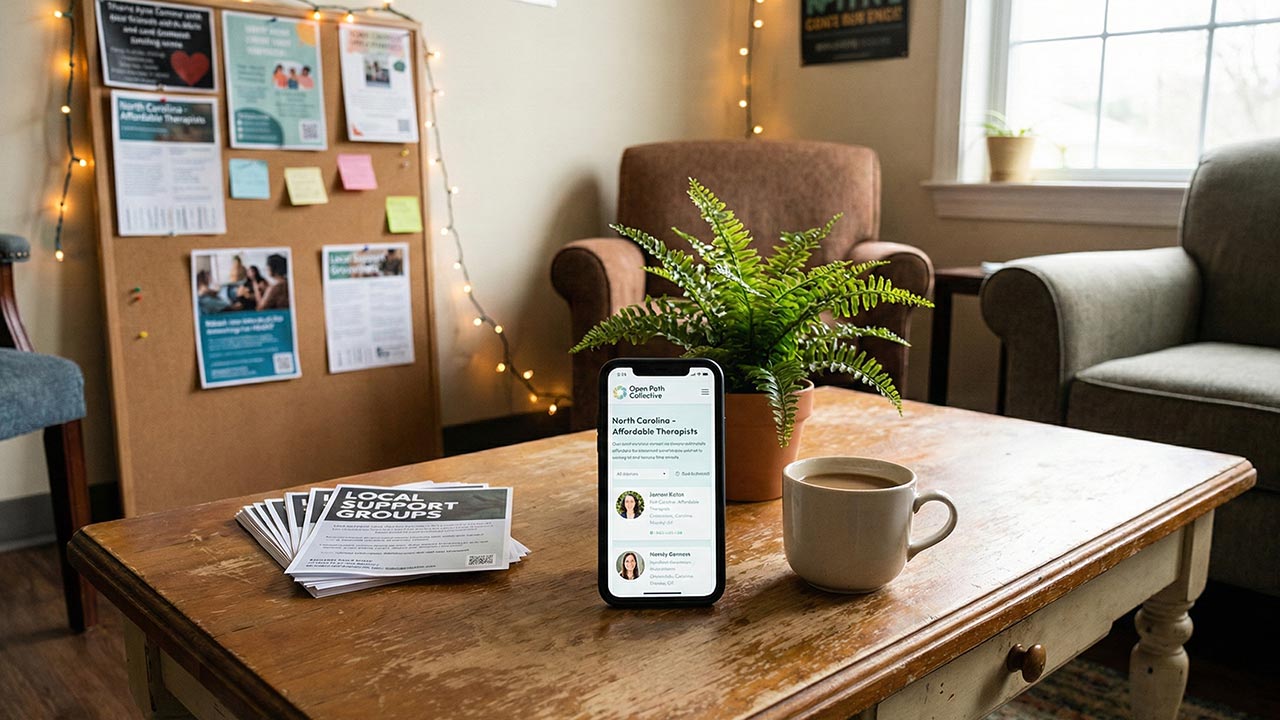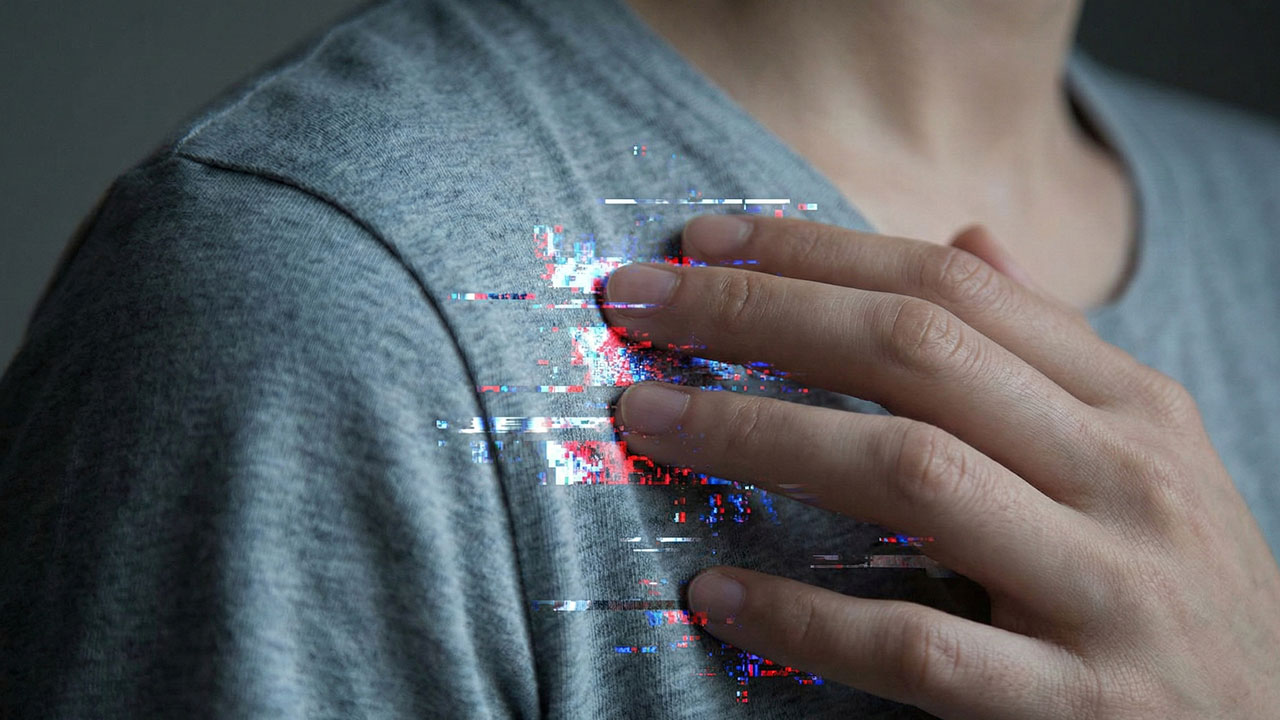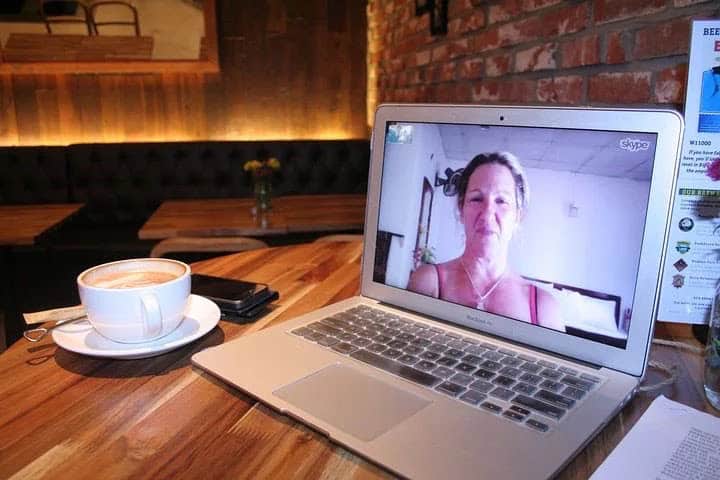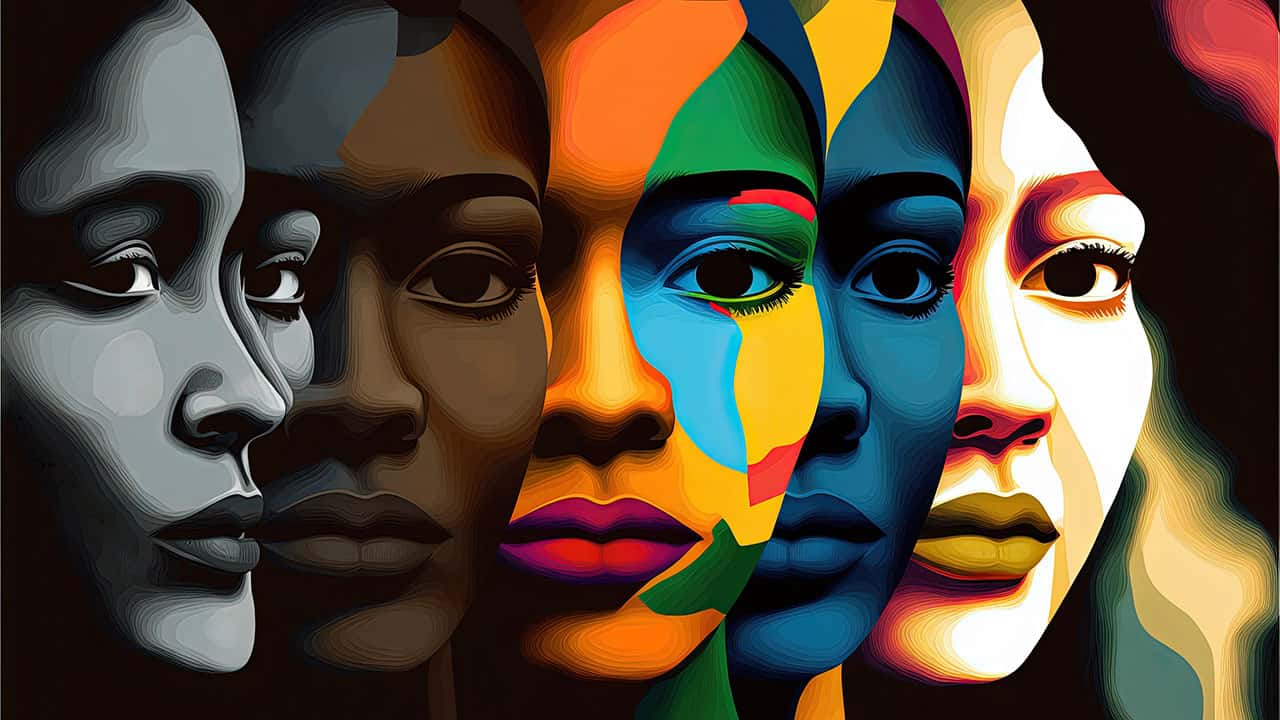Have you ever sat in a therapist’s office and felt like you were speaking a different language? You might be trying to explain the weight of family expectations, the sting of a microaggression at work, or the feeling of being an outsider in your own country, only to be met with well-intentioned but ultimately hollow advice that doesn’t quite land. You leave the session feeling not lighter, but more misunderstood, as if a core part of your experience was left at the door.
If this sounds familiar, you are not alone. For decades, the field of psychotherapy has been built on a foundation that is overwhelmingly white, Western, and Eurocentric. Its theories, techniques, and definitions of “health” were developed by and for a specific population, often ignoring the rich diversity of human experience. This can leave Black, Indigenous, and People of Color (BIPOC) feeling unseen and invalidated in the very spaces designed for healing.
But a powerful and necessary shift is underway. A growing movement of clinicians and clients are challenging the status quo and embracing a new framework: decolonizing therapy. This is more than a buzzword; it is a fundamental rethinking of what mental healthcare can and should be. It’s an approach that doesn’t just ask, “What are your symptoms?” but rather, “What systems have contributed to your suffering, and how can we honor your unique cultural identity on the path to healing?”.
The Colonial Roots of the Modern Therapy Room
To understand why decolonizing therapy is so revolutionary, we first have to understand what it’s working to dismantle. Modern psychology, as we know it, has its roots in the theories of European men like Freud and Jung. While their contributions were significant, they were also products of their time—a time of colonialism, racial hierarchy, and a belief in the superiority of Western thought.
This legacy has shaped the field in ways that are often invisible to those who fit the dominant culture, but painfully obvious to those who don’t. Traditional therapy models often operate from a set of unspoken, Eurocentric assumptions:
- The Problem is in the Individual: The medical model of mental health tends to locate the problem squarely within the individual’s brain or personal history. It pathologizes distress, labeling it as a “disorder” to be fixed, often with little regard for the external environment. For a person of color, this completely misses the point. The anxiety you feel isn’t just a chemical imbalance; it’s a rational response to living in a society with systemic racism. The depression isn’t just a personal failing; it’s the weight of generations of trauma.
- Individualism is the Goal: Western therapy often champions independence, self-reliance, and the pursuit of individual happiness as the pinnacle of mental health. This can directly conflict with the values of many collectivistic cultures, where well-being is deeply intertwined with family, community, and ancestral connection.
- A “One-Size-Fits-All” Approach: Techniques like Cognitive Behavioral Therapy (CBT) are often presented as universal solutions. While they can be effective, they were not designed with the nuances of cultural identity or the experience of systemic oppression in mind. They can feel sterile and disconnected from the lived reality of a person navigating racism and discrimination.
When these models are applied without a critical lens, they can do more harm than good. They can lead to BIPOC clients feeling blamed for their own suffering, disconnected from their cultural strengths, and forced to conform to a narrow, white-centric definition of “wellness.”
Defining Decolonizing Therapy: A Liberatory Framework
Decolonizing therapy is not a new set of techniques to be added to a therapist’s toolkit. It is a profound shift in perspective. It is an active and ongoing process of challenging and dismantling the colonial ideologies that have shaped the mental health field. It is a commitment to creating a therapeutic space that is not just “inclusive” but actively anti-racist and liberatory.
Here are the core principles that guide this transformative approach:
- Centering Culture and Acknowledging Systemic Harm: In a decolonizing framework, your cultural identity is not an afterthought; it is central to your story and your healing. The therapy explicitly acknowledges that forces like racism, colonialism, and systemic oppression are not just political issues—they are mental health issues. The therapist understands that racial trauma is real and has a tangible impact on your nervous system, your relationships, and your sense of self.
- Honoring Ancestral Wisdom and Non-Western Healing: This approach recognizes that the Eurocentric model does not have a monopoly on healing. It makes space for and validates the wisdom of your ancestors, your community’s spiritual practices, and indigenous healing traditions. Healing might involve not just talk therapy, but also connecting with nature, engaging in community rituals, exploring somatic (body-based) practices, or drawing strength from cultural storytelling.
- Shifting the Power Dynamic: Traditional therapy often places the therapist in the role of the detached, all-knowing expert. Decolonizing therapy flattens this hierarchy. It operates from a place of cultural humility, where the therapist acknowledges that they are not the expert on your life—you are. The relationship is collaborative, built on mutual respect and a commitment to learning together. The therapist’s role is not to “fix” you, but to walk alongside you as a supportive, knowledgeable guide on your journey.
- Focusing on Liberation and Empowerment: The ultimate goal of decolonizing therapy is not simply to reduce symptoms, but to foster a sense of liberation. It’s about helping you reclaim the parts of yourself that you may have been forced to suppress to survive. It’s about finding your voice, building resilience against oppressive systems, and cultivating a life that feels authentic and whole, on your own terms.
What Does This Look Like in a Session?
So, how does this philosophy translate into the actual therapy session? The difference can be profound.
A decolonizing therapist won’t just ask about your anxiety; they will create a safe space to explore how that anxiety is connected to the daily experience of navigating a world not built for you. They will validate your anger at injustice instead of labeling it as a “behavioral issue.” They will celebrate your cultural identity as a source of immense strength and resilience.
The conversation might include:
- Exploring the impact of intergenerational trauma on your family dynamics.
- Developing strategies for coping with microaggressions and workplace discrimination.
- Discussing how to set boundaries that honor both your individual needs and your cultural values.
- Integrating mindfulness or spiritual practices that are meaningful to you.
The process is about moving beyond a framework that asks, “What’s wrong with you?” to one that asks, “What has happened to you and your people, and how can we tap into your inherent strength and wisdom to heal?”.
Why It Matters for Your Healing
Choosing a therapeutic path that is decolonizing is an act of profound self-care and reclamation. For BIPOC individuals, it offers a chance to heal in a way that feels truly aligned and authentic.
- You Feel Seen: It provides a space where you don’t have to constantly explain or defend your reality. Your experiences are validated, not questioned.
- You Can Be Your Whole Self: You are free to bring every part of your identity into the room—your race, your culture, your spirituality, your intersecting identities—knowing they will be honored and respected.
- You Are Empowered: The focus shifts from individual pathology to collective resilience. You learn to see your struggles not as personal failings, but as responses to larger systems, which can be an incredibly empowering and shame-reducing experience.
- You Reconnect with Your Roots: This approach can help you heal the wounds of assimilation and cultural disconnection, allowing you to draw strength from the very heritage that may have been devalued by the dominant culture.
Healing is a journey, and you deserve a guide who honors every step of your path. Decolonizing therapy is not just a better option for BIPOC clients; it is the future of a mental health field that is truly committed to justice, equity, and the well-being of all people. It’s a promise that you don’t have to leave parts of yourself behind to find peace. You can heal, and you can do it as your whole, authentic self.

